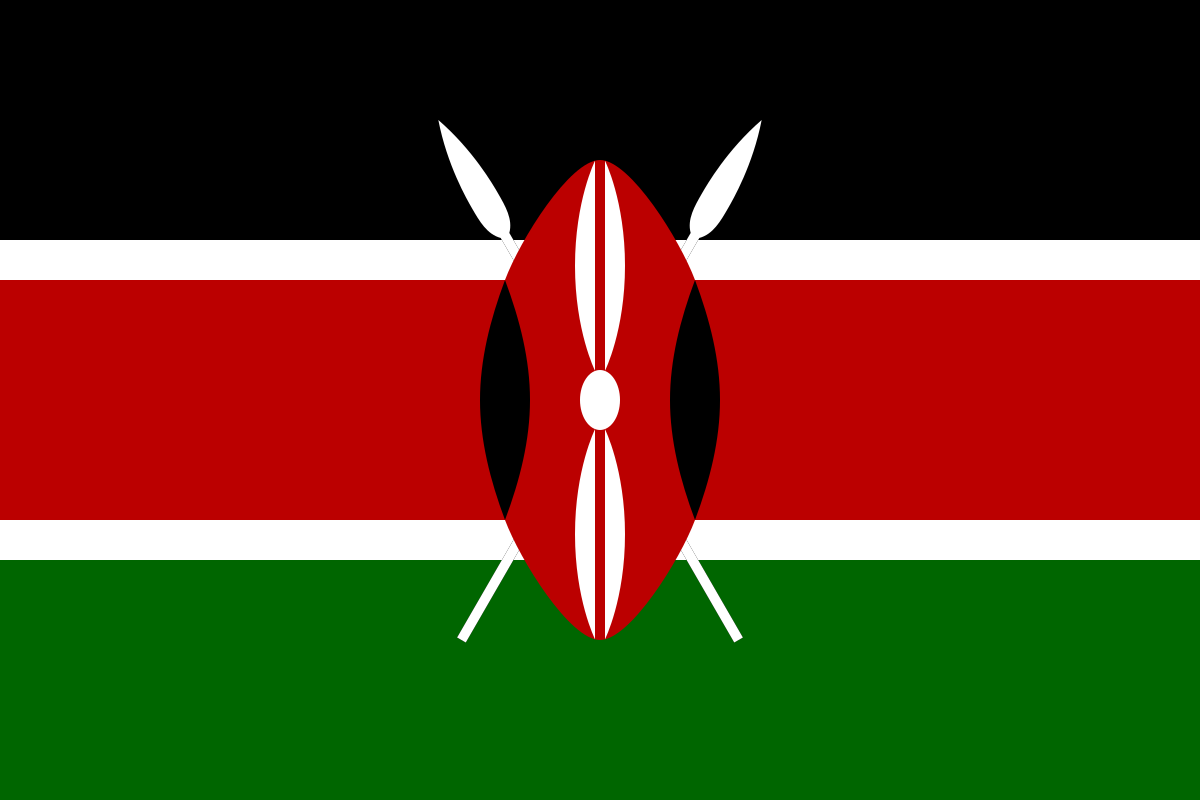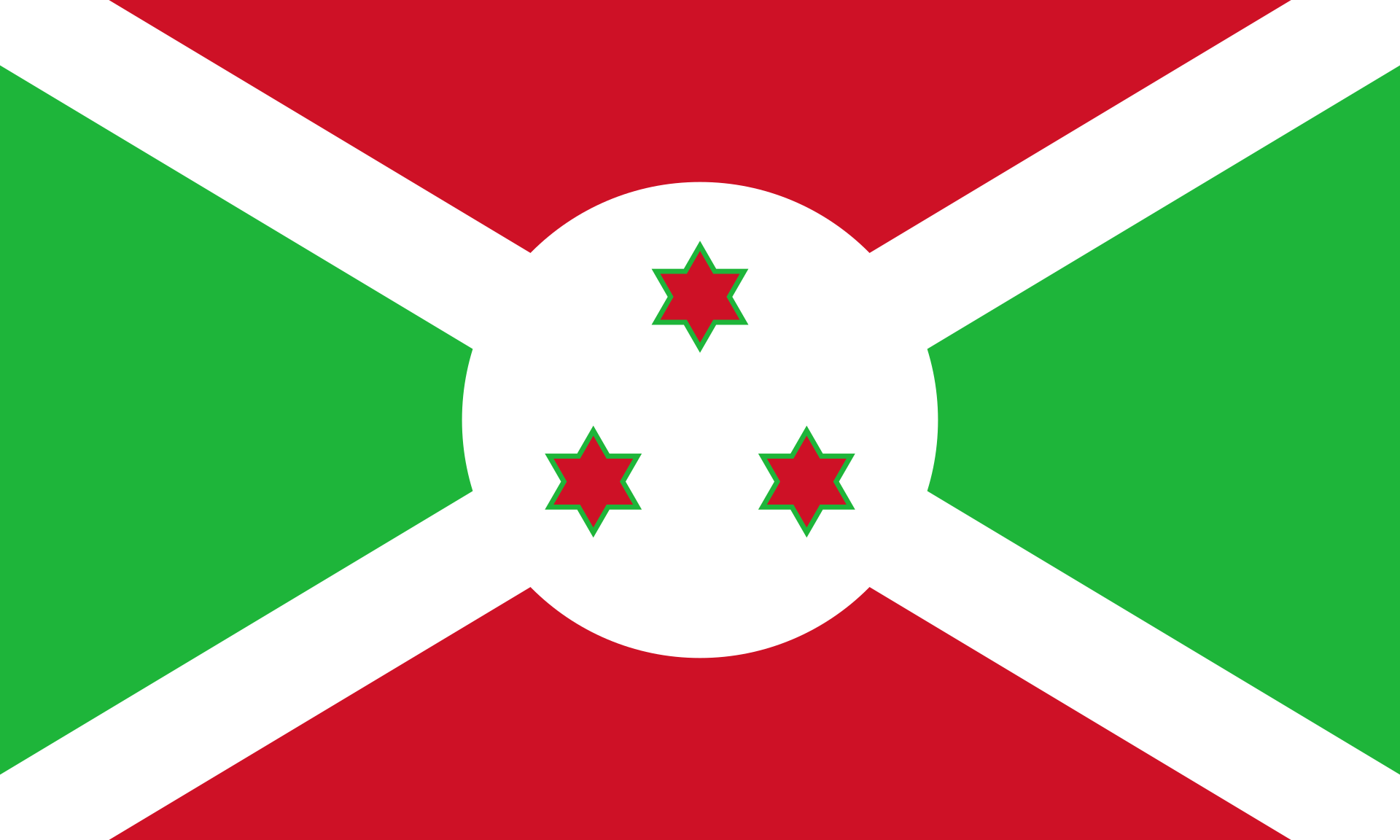A new clinical trial researching treatment for patients with sight loss as a result of diabetes has shown a type of laser treatment to be both cost effective and non-invasive, offering the best option for patients and healthcare providers.
There are currently several treatment options offered to people with Diabetic Macular Oedema (DMO), including two types of laser treatment and eye injections. DMO is the most common sight-threatening complication of diabetes, affecting over 27 million adults. This new research provides much-needed evidence to enable patients and healthcare professionals to be better informed on treatment options.
DMO happens when blood vessels in the retina at the back of the eye leak, causing fluid build-up at the macula, which provides central vision. The leakage occurs when high blood sugar levels damage blood vessels.
The severity of DMO is most often determined by measuring the thickness of the macula, which in-turn will determine the treatment offered. Patients with more severe DMO (with thickness of 400 microns or more) are treated with injections into the eye of drugs, known as anti-VEGFs. Patients with mild DMO (with thickness of less than 400 microns) can be treated with macular lase, which can be standard threshold laser or subthreshold micropulse laser. The former produces a burn or scar on the retina. The latter, which is a more recent technology, works without leaving a burn or scar or any type of visible change or mark on the retina.
The research, published in Ophthalmology, found that subthreshold micropulse laser, which does not create a burn on the retina, was effective in maintaining a patient’s vision. This also requires much less frequent visits to the clinic and is much more cost effective than treatment via eye injections, with eye injections costing almost ten times more than laser treatments.
Professor Noemi Lois, Clinical Professor of Ophthalmology at Queens University and Honorary Consultant Vitreoretinal Surgeon at the Belfast Health and Social Care Trust and lead author on the study, explains: “The absence of a scar or burn following subthreshold micropulse laser led to some healthcare professionals to doubt its effectiveness compared to the standard threshold laser.”
“However, our research addressed this by demonstrating that subthreshold micropulse laser is as good as standard threshold laser for helping people’s vision, reducing macula thickness, allowing people to meet driving standards, and maintaining their quality of life, both in general terms and for vision in particular.”
The research team set out to compare both types of available laser treatment through a large randomised clinical trial, known as DIAMONDS (DIAbetic Macular Oedema aNd Diode Subthreshold micropulse laser SML). They recruited 266 patients across 16 NHS hospitals around the UK, with half receiving standard threshold laser and the other half receiving subthreshold micropulse laser. Unique to this trial, patients were involved in selecting the outcomes, including how driving standards would be met following treatment. At the end of the two-year trial, DIAMONDS found both laser treatments to offer equivalent benefits.
The total cost of the care of patients enrolled in the trial (including the laser treatment and any other treatments required as well as the costs of the follow-up visits) over two years was similar for both patient’s groups. Over the two-year period, the cost per patient was just under £900 (£897.83) for patients in the subthreshold micropulse laser arm of the trial compared to £1125.66 for those in the standard laser arm.
Professor Lois adds: “Some ophthalmologists advise patients with milder forms of DMO to have injections of anti-VEGFs, rather than laser, despite laser being less invasive and requiring less visits to the clinic. Laser treatment costs significantly less than eye-injections of anti-VEGFs. With an average of ten injections required over two years, the total cost of eye injections per patient amounts to approximately £8,500 for the drug alone. This is almost ten times the cost of subthreshold micopulse laser without taking into account additional costings such as staff time.
“Until we published these findings, there was no robust evidence comparing these types of laser treatments. A lack of information led some healthcare professionals to favour standard laser over subthreshold micropulse laser. We now have robust evidence to show that both laser treatments are not only effective in clearing the fluid from the retina and maintaining vision for at least two years, but both are also cost-effective.”
“Armed with this knowledge, it’s likely that patients will opt for micropulse subthreshold laser, which doesn’t burn the retina and is comparable to standard laser. Whilst we didn’t directly compare laser treatments to treatment via eye injections of anti-VEGFs, hopefully we have shown that laser is an effective treatment, while remaining much less invasive to the patient and much less costly to the NHS.”
The research was funded by the Health Technology Assessment (HTA) of the National Institute for Health and Care Research (NIHR).








